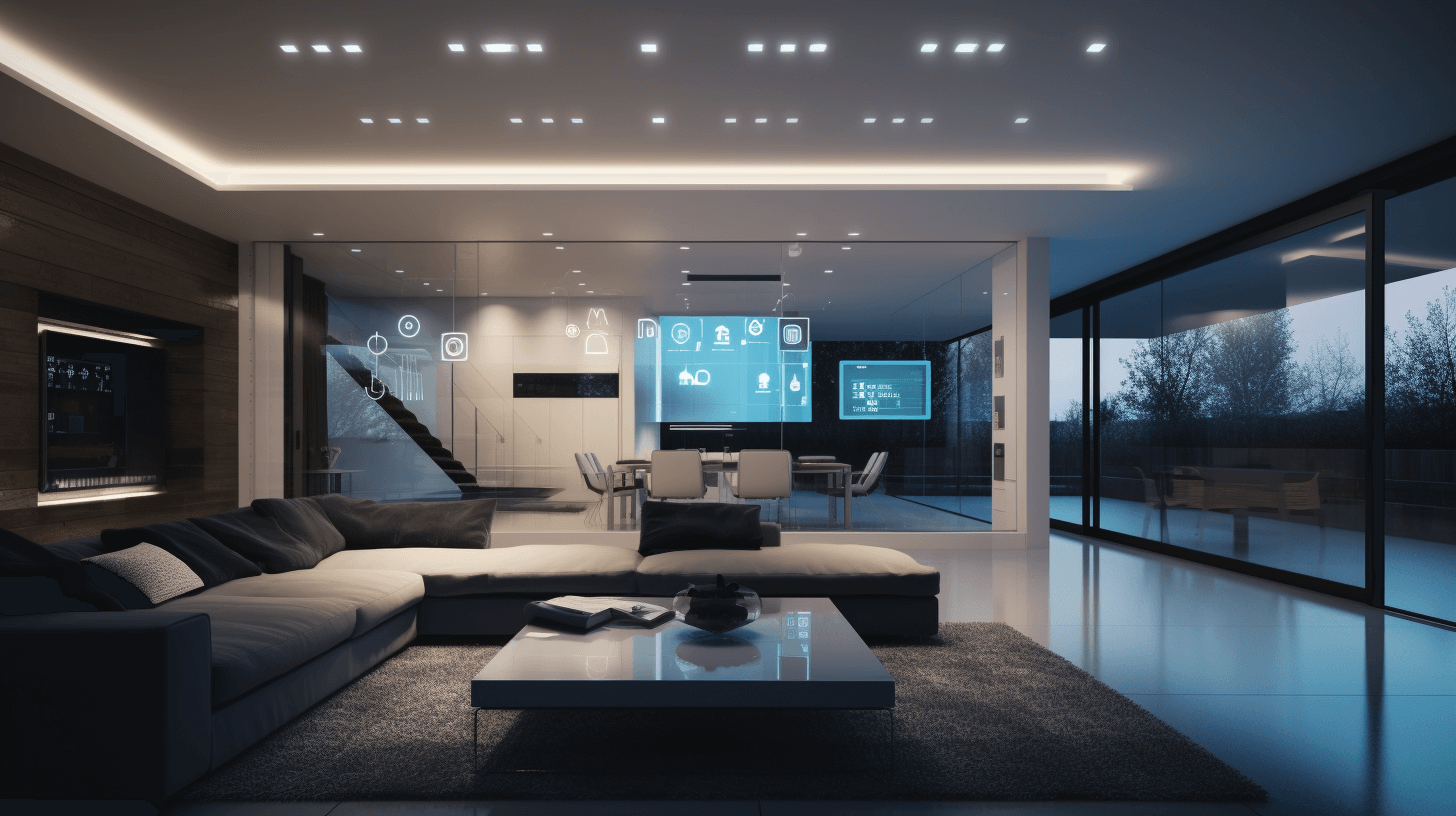Smart home integration represents the future of modern living, offering convenience, comfort, and efficiency through the seamless integration of technology into everyday life. Here’s how smart home integration is shaping the future of modern living:

- Connected Devices: Smart home integration allows for the interconnectivity of various devices and systems within the home. From thermostats and lighting to security cameras and appliances, these devices can communicate with each other and be controlled remotely through a central hub or smartphone app.
- Convenience and Automation: Smart home technology enables automation of routine tasks, making daily life more convenient and efficient. For example, lights can automatically adjust based on time of day or occupancy, thermostats can regulate temperature settings to optimize comfort and energy savings, and appliances can be programmed to operate according to preset schedules.
- Energy Efficiency: Smart home integration promotes energy efficiency by allowing homeowners to monitor and control energy usage in real-time. Smart thermostats, lighting controls, and energy monitoring systems enable users to identify energy-wasting habits and make adjustments to reduce consumption and lower utility bills.
- Enhanced Security: Smart home security systems provide peace of mind by offering real-time monitoring and remote access to surveillance cameras, door locks, and alarm systems. Users can receive instant alerts and take action to deter potential threats or unauthorized access to their home, whether they’re at home or away.
- Personalization and Customization: Smart home integration allows for personalization and customization of the living environment to suit individual preferences and lifestyles. Users can create custom settings and automation routines tailored to their needs, such as adjusting lighting scenes, setting temperature presets, or scheduling appliance usage.
- Health and Wellness Monitoring: Smart home technology can also contribute to improved health and wellness by monitoring indoor air quality, humidity levels, and other environmental factors. Integration with health and fitness devices enables users to track activity levels, sleep patterns, and other wellness metrics to support a healthier lifestyle.
- Accessibility and Aging in Place: Smart home integration can enhance accessibility and support aging in place for seniors and individuals with disabilities. Voice-controlled devices, remote monitoring systems, and smart home automation features can provide assistance with daily tasks and help maintain independence and quality of life.
- Scalability and Future-Proofing: Smart home systems are designed to be scalable and adaptable to evolving technology trends and user needs. As new devices and features become available, homeowners can easily expand and upgrade their smart home ecosystem to incorporate the latest innovations and enhancements.
- Data Analytics and Insights: Smart home integration generates valuable data and insights that can inform decision-making and improve lifestyle outcomes. By analyzing usage patterns, energy consumption, and environmental conditions, homeowners can gain a better understanding of their living habits and make informed choices to optimize comfort, efficiency, and sustainability.
- Integration with Smart Cities and Communities: Smart home integration is part of a larger trend towards the development of smart cities and communities. By connecting homes, buildings, and infrastructure through IoT technology, cities can improve resource management, enhance sustainability, and create more livable and resilient urban environments for residents.
Overall, smart home integration represents the future of modern living by offering a holistic approach to home automation, connectivity, and lifestyle enhancement. From increased convenience and energy efficiency to enhanced security and wellness monitoring, smart home technology is transforming the way we live, work, and interact with our living spaces.



